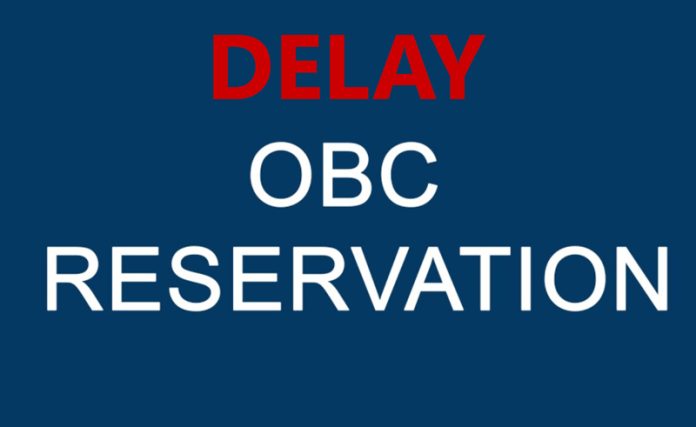The slow pace of data gathering in Jammu and Kashmir, particularly in the realm of population data for Other Backward Classes, highlights persistent issues in bureaucratic efficiency and accountability. With the mandate to finalise reservation percentages for OBCs in urban and rural local bodies, the Jammu and Kashmir OBC Commission has faced repeated delays, owing primarily to a lack of cooperation from relevant departments. This lag not only hinders the democratic process but also deprives OBC communities of fair representation in governance structures, creating uncertainty for local bodies now overdue for elections. The OBC Commission has so far been denied crucial data by departments tasked with providing population demographics. Despite extensions and consistent follow-ups, the commission remains without the information needed to draft an informed recommendation on OBC reservation percentages. The situation has now reached a point where the commission must convene a meeting with the Administrative Secretaries of key departments to expedite the data collection.
The delays are compounded by the legal obligations tied to representation in democratic processes. Earlier this year, Parliament passed legislation providing for OBC reservation in panchayats, municipalities, BDCs, and DDCs. As the commission cannot proceed without accurate population data, OBC reservation proportions remain undetermined, blocking not only the reservation process but also the larger election timeline. Municipal and panchayat elections, originally due in October-November 2023, have to be deferred indefinitely, leaving local governance in a precarious state. For Jammu and Kashmir, where public faith in governance has often been delicate, these delays signify a critical moment in securing democratic accountability at the grassroots level. Representation, particularly for historically marginalised groups such as OBCs, is an essential aspect of building trust and transparency in local governance. By not prioritising the gathering of accurate demographic data, the departments involved hinder the overall socio-political equilibrium of the region.
While women currently enjoy a 33 percent reservation in local bodies, and Scheduled Castes and Scheduled Tribes are afforded representation based on population data, OBCs have not yet been similarly accounted for. However, there has been progress in some measures. Notably, both Jammu and Srinagar Municipal Corporations have complied with the commission’s requests, setting a positive example of bureaucratic efficiency. This compliance demonstrates that, despite structural challenges, individual departments can effectively gather data if the mandate is clear and responsibilities are firmly understood. Other departments should follow their lead without delay, as withholding critical data jeopardises the commission’s objectives and, by extension, the democratic rights of OBC communities.
The previous terms for these bodies ended as early as October 2022 for municipalities and January 2023 for panchayats, creating a power vacuum in the administrative apparatus. Although the District Development Councils still hold office until January 2026, the lack of functioning local bodies impacts the day-to-day needs and aspirations of communities across Jammu and Kashmir, who rely on these institutions for essential services and representation.
From a governance perspective, the administrative inertia impeding the OBC reservation process reflects poorly on the region’s commitment to inclusive democracy. Data collection is a fundamental function of governance, and the inability to promptly supply the required information should raise questions about administrative accountability at every level. The Government, in extending the commission’s term twice, has demonstrated an understanding of the issue’s importance; however, it is imperative now for administrative heads to ensure that their departments do not further delay the process. This information bottleneck risks compromising the Government’s promises of equal representation and empowerment for all groups.
Time is now of the essence. With the commission’s deadline set for December 31, 2024, any further delay will most certainly disrupt the electoral timeline.
Trending Now
E-Paper


